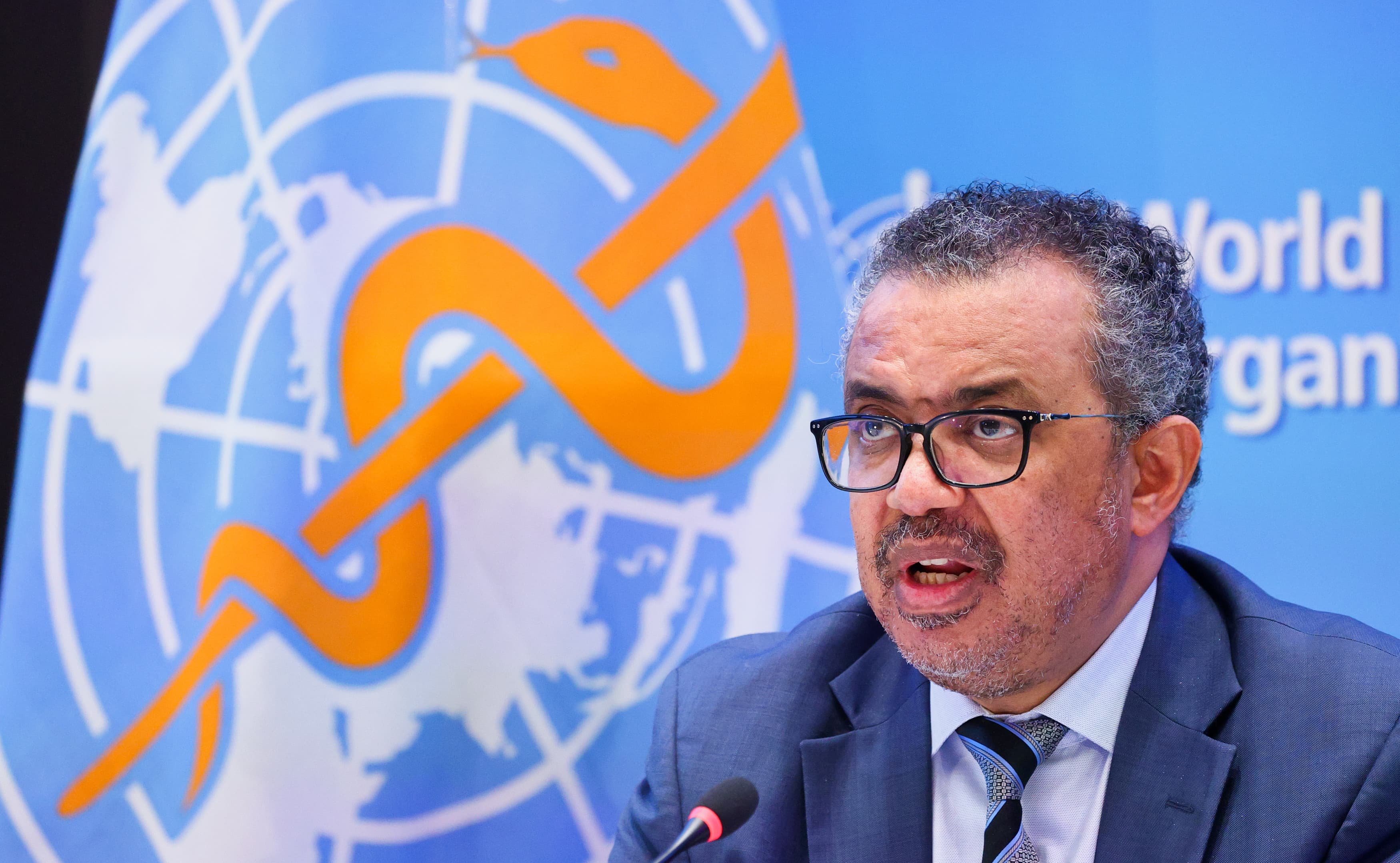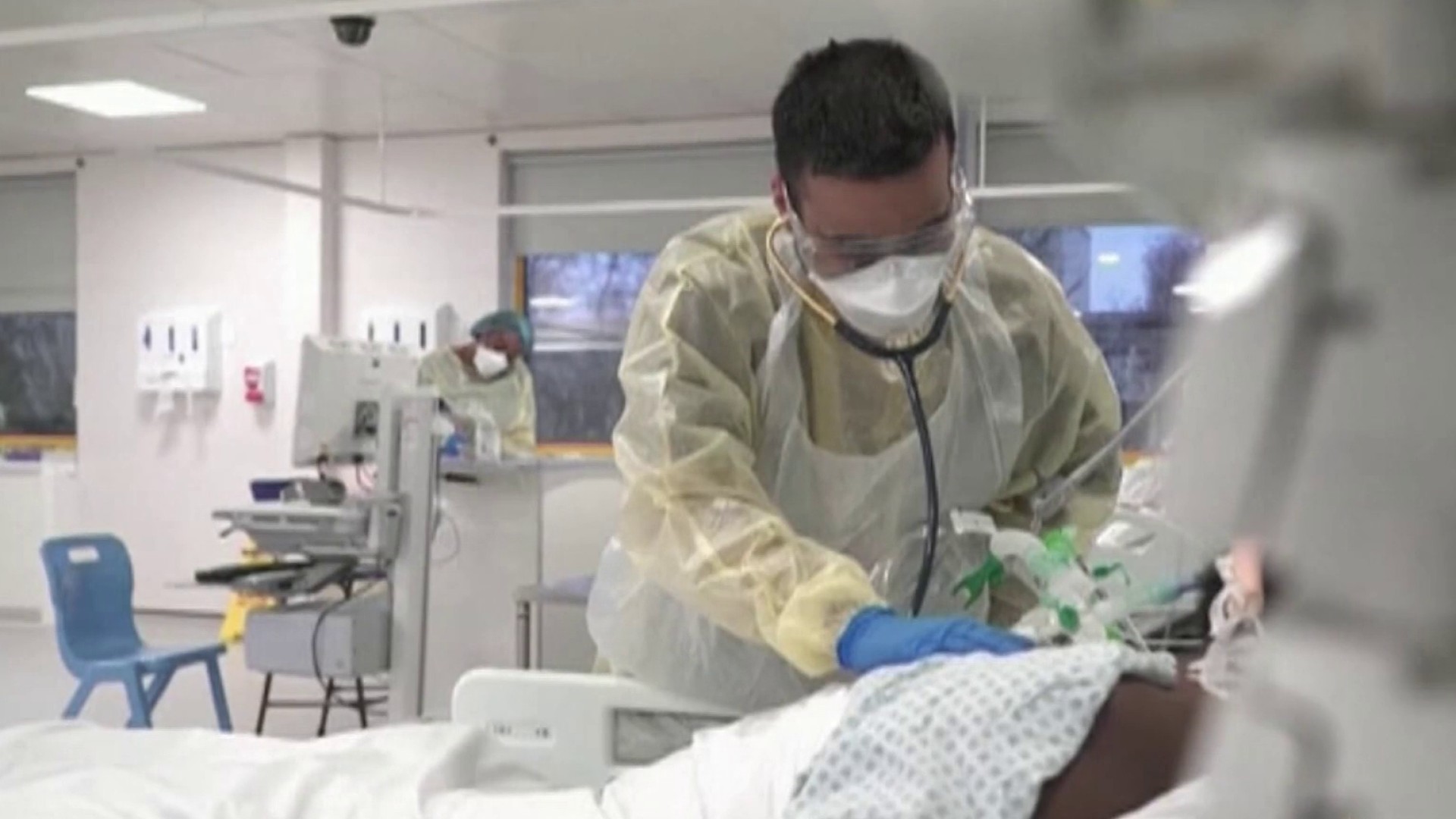The governor’s public health emergency declaration for COVID-19 is ending on Thursday and there will be changes to testing and vaccinations.
Gov. Ned Lamont issued the declaration on March 10, 2020, early in the pandemic, and it provided certain emergency powers to address the crisis.
Those powers expire with the end of the declaration.
The end of the state’s emergency declaration coincides with the end of the federal public health emergency declaration.
Get Connecticut local news, weather forecasts and entertainment stories to your inbox. Sign up for NBC Connecticut newsletters.
Public health officials in the state will now manage COVID-19 on an ongoing basis as they do other respiratory illnesses.
“Ending the COVID-19 public health emergency declaration does not mean that the virus has been eradicated. This declaration provided us with the tools needed to develop an immediate, urgent, and frontline response to the initial outbreak, and put in place the structure necessary to ensure the people of our state have the protections needed to respond to it," Lamont said in a statement.
Connecticut Department of Public Health Commissioner Dr. Manisha Juthani continues to urge residents to get vaccinated, get the updated vaccine, use at-home tests and to stay home when sick.
If you have medical conditions, she said you should consider wearing a mask when respiratory viruses are circulating at high levels in the community.
The end of the declaration will bring some changes that will impact testing, vaccinations, therapeutics, support and data.
Changes to Testing for COVID-19
The rest of the state-supported test sites (which are operating a four community health centers) will end on June 30.
The cost of PCR tests will begin transitioning to traditional healthcare coverage, similar to how it is handled for other respiratory illnesses.
The cost of at-home, self-test kits will all transition to traditional healthcare coverage.
Changes to Vaccinations for COVID-19
The costs for receiving vaccines and boosters will begin transitioning to traditional healthcare coverage. It is anticipated that most private and public insurance plans will continue covering all costs of COVID-19 vaccinations and boosters without a copay or cost-share for consumers.
The federal government will distribute the remaining vaccines and boosters that are currently in its inventory to vaccine providers (which are then provided to individuals) until the inventory is depleted or expires.
The Connecticut Department of Public Health is ending its mobile vaccination clinic program on June 30. It is also ending the homebound vaccination program on the same day.
Changes to Therapeutics for COVID-19
The cost of receiving treatment such as Paxlovid and Lagevrio will begin transitioning to traditional healthcare coverage.
Program Waivers for Women, Infants and Children Program (WIC)
The WIC program waivers will end 90 days after the declarations are terminated, which happens on Aug. 9.
COVID-19 Data Reports
The data for COVID-19 testing, hospitalizations, deaths and vaccination rates will transition to the same reporting period used for seasonal respiratory viruses.
The Department of Public Health will issue its final COVID-19 data report for the 2022-2023 respiratory viral disease season on June 1. The 2023-2024 reporting period will begin on Oct. 5 and will end in late May or early June in 2024.
Ongoing information related to COVID-19 will still be published on the Connecticut Department of Public Health's website.




